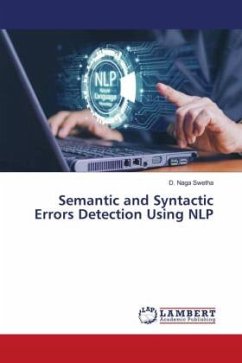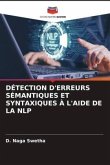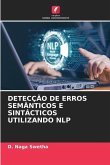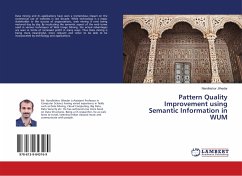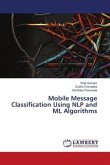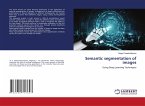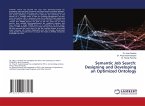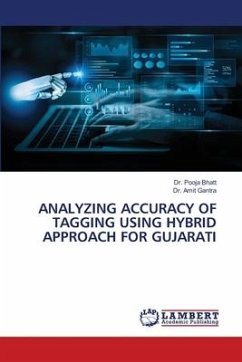Syntactic analysis is the third phase of NLP. By its name, it can be easily understood that it is used to analyze syntax, sometimes known as syntax or parsing analysis. This step aims to extract precise, or dictionary-like, semantics from the text. Syntax analysis compares the text to formal grammar rules to determine its meaning. Standard LR parsers typically resolve syntax errors and their precise location poorly. A methodology is proposed which helps to locate where syntax errors occur, but also suggests possible changes to the token stream that can fix the error identified. This methodology finds syntax errors by checking if two language models "agree" on each token. If the models disagree, it indicates a possible syntax error; the methodology tries to suggest a fix by finding an alternative token sequence obtained from the models.
Bitte wählen Sie Ihr Anliegen aus.
Rechnungen
Retourenschein anfordern
Bestellstatus
Storno

